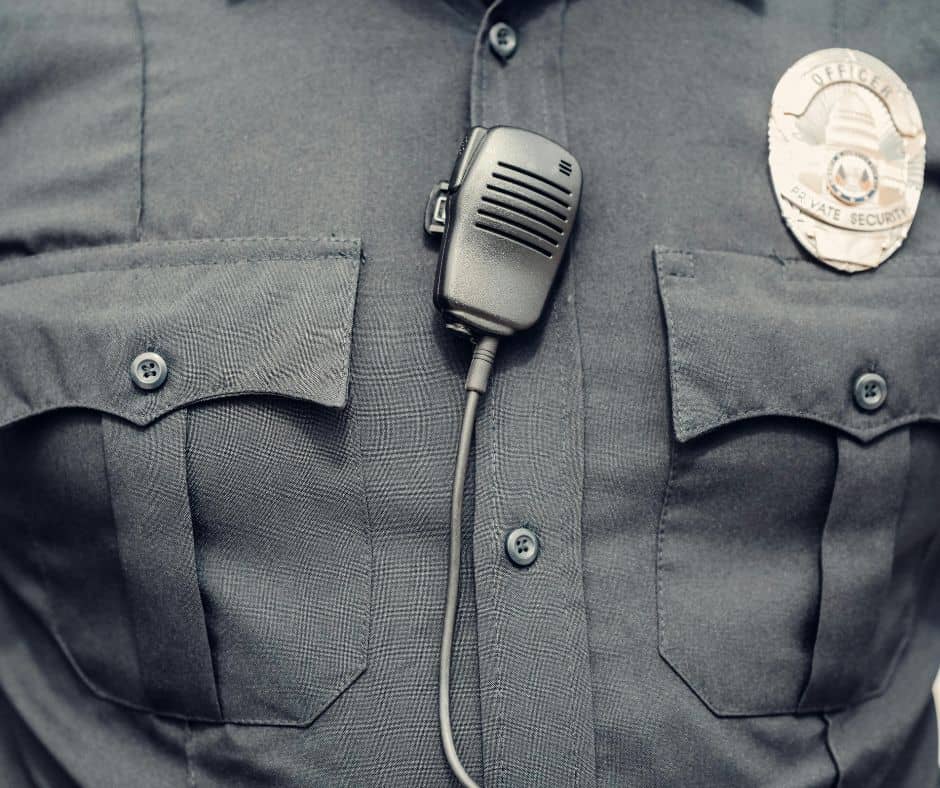I Was Caught But Not Charged With Drug Possession – What Now?

Getting caught with drugs is one of those experiences that can make your heart drop out of your chest. Even if you managed to avoid getting charged with a crime this time, the question remains – what now? Are you in the clear, or is this the calm before the storm?
The reality is that laying low and hoping this just goes away isn’t an option. Just because you didn’t get arrested or charged on the spot doesn’t mean prosecutors can’t pursue a case down the line. This legal limbo of being caught with drugs but not charged creates a lot of uncertainty.
Today, our criminal defense attorneys discuss the potential legal implications and the steps you should take if you find yourself in this unusual situation.
North Carolina’s Strict Drug Possession Laws
North Carolina possession statutes are strict, and the consequences are severe.
State law recognizes two types of possession:
- Actual Possession: This offense occurs when law enforcement finds drugs directly on your person or within your immediate control, such as in your pocket or purse.
- Constructive Possession: Applies when the drugs are not physically on you but are in a location where you have control over them, such as your vehicle, home, or even a shared space.
The severity of the drug charges and the corresponding penalties vary greatly and depend on factors like the drug type, quantity of controlled substance, and your prior criminal history.
Steps to Take if Caught with Drugs but Not Charged
If you find yourself in a situation where the police don’t immediately file drug possession criminal charges, take the following steps to protect your rights and minimize subsequent legal consequences,
Stay Calm and Respectful
Cooperate with law enforcement officers, but remember that you have the right to remain silent and the right to an attorney. Exercise these freedoms politely but firmly.
Avoid Admitting Guilt
Even when the police find you possessing drugs, do not admit to owning them or having knowledge of their presence.
Anything you say can be used against you in court, so it’s best to remain silent until you have legal representation.
Seek Legal Counsel
Contact a skilled criminal defense attorney specializing in drug possession cases as soon as possible. Your advocate can guide you through the legal process, protect your rights, and help you counter any potential charges that may arise.
Document the Incident
While the encounter is still fresh, write down everything you remember, including the date, time, location, and any witnesses present. This information may prove invaluable for your defense later.
Potential Consequences of Drug Charges in North Carolina
Even when the police do not immediately file charges after catching you with drugs, the incident can still have far-reaching consequences in various aspects of your life.
- Delayed charges: The prosecutor may file charges against you later, particularly if the evidence against you is decisive or you have a prior criminal record.
- Employment and housing challenges: A drug-related incident on your record, even without formal charges or a conviction, can make it difficult to secure employment or housing, as many employers and landlords conduct background checks.
- Academic and financial repercussions: If you’re a student, a drug-related incident can result in disciplinary action from your school and may jeopardize your eligibility for financial aid or scholarships.
Criminal Penalties for Drug-Related Charges in NC
| Types of Drugs | Unlawful Possession | Trafficking |
|---|---|---|
Schedule I: Heroin, LSD, Peyote, Mescaline, Psilocybin, other Hallucinogens, Methaqualone, PCP, MDA | Max 5 years prison and/or fine (Felony) | Max 10 years prison and/or fine (Felony) |
Schedule II: Morphine, Demerol, Codeine, Percodan, Percocet, Fentanyl, Dilaudid, Seconal, Nembutal, Cocaine, Amphetamines | Max 2 years prison and/or $2,000 fine (Misdemeanor) - Unless exceeding certain quantity limits, then Max 5 years prison and/or fine (Felony) | Max 10 years prison and/or fine (Felony) |
Schedule III: Certain barbiturates, codeine medicines, anabolic steroids | <100 dosage units: Max 2 years prison and/or fine (Misdemeanor) >100 dosage units: Max 5 years prison and/or fine (Felony) | Max 5 years prison and/or fine (Felony) |
Schedule IV: Barbiturates, narcotics, stimulants like Valium, Librium, Darvon | Same as Schedule III | Max 5 years prison and/or fine (Felony) |
Schedule V: Compounds with limited codeine, opium, etc. | Max 6 months prison and/or fine (Misdemeanor) | Max 5 years prison and/or fine (Felony) |
Schedule VI: Marijuana, Hashish, THC | <1/2 oz marijuana or <1/20 oz hashish: Max 30 days prison and/or $100 fine (Misdemeanor) >1/2 oz marijuana or >1/20 oz hashish: Max 2 years prison and/or fine (Misdemeanor) >1.5 oz marijuana or >3/20 oz hashish or any synthetic THC: Max 5 years prison and/or fine (Felony) | Max 5 years prison and/or fine (Felony) |
Drug Paraphernalia | Max 120 days prison and/or fine (Misdemeanor) Delivering to minor: Separate charge | Max 120 days prison and/or fine (Misdemeanor) |
Defense Strategies for Drug Possession Charges
Your criminal defense attorney will collaborate to develop a strong defense strategy tailored to your unique circumstances when you face drug possession charges.
Some common defense approaches include:
- Challenging the legality of the search: If the police conducted an illegal search to discover the drugs, your attorney may argue that the courts should rule the evidence inadmissible.
- Disputing possession: Your attorney may contend that you did not have actual or constructive possession of the drugs if the police didn’t find them directly on your person.
- Scrutinizing the chain of custody: Your attorney may also investigate whether law enforcement properly handled and documented the drugs to ensure the evidence’s reliability.
While prosecutors are tough on drug crimes, skilled legal counsel can scrutinize all aspects of the arrest, evidence, and charges to protect your rights and strategize the best possible defense.
Frequently Asked Questions
Can I still be charged even if I wasn’t arrested on the spot?
Yes, the prosecutor can file charges against you later, even if you were not initially arrested. The statute of limitations for drug offenses in North Carolina varies depending on the charge.
What should I do if law enforcement contacts me about the incident?
Politely decline to answer any questions and refer them to your attorney if law enforcement contacts you. Avoid discussing the incident or providing any statements without your attorney present.
How long will a drug-related incident remain on my record?
In North Carolina, most drug offenses stay on your criminal record indefinitely unless you successfully petition the court for an expungement. Your attorney can advise you on your eligibility based on your specific circumstances.
Seek Legal Advice Sooner Rather Than Later
Being caught with drugs, even when the police don’t immediately charge you, may have lasting implications in your life. Taking proactive steps to safeguard your rights and minimize the potential impact on your future often becomes necessary.
McMinn, Logan & Gray, PLLC in North Carolina offers confidential free consultations for individuals facing drug-related incidents.
Our experienced drug possession attorneys can guide you through the legal process, address your concerns, and fight tirelessly for your freedom.
Don’t allow a drug-related incident to define your future. Take action today with McMinn, Logan & Gray PLLC. We’ll build a sound defense strategy to get you through this difficult time.
